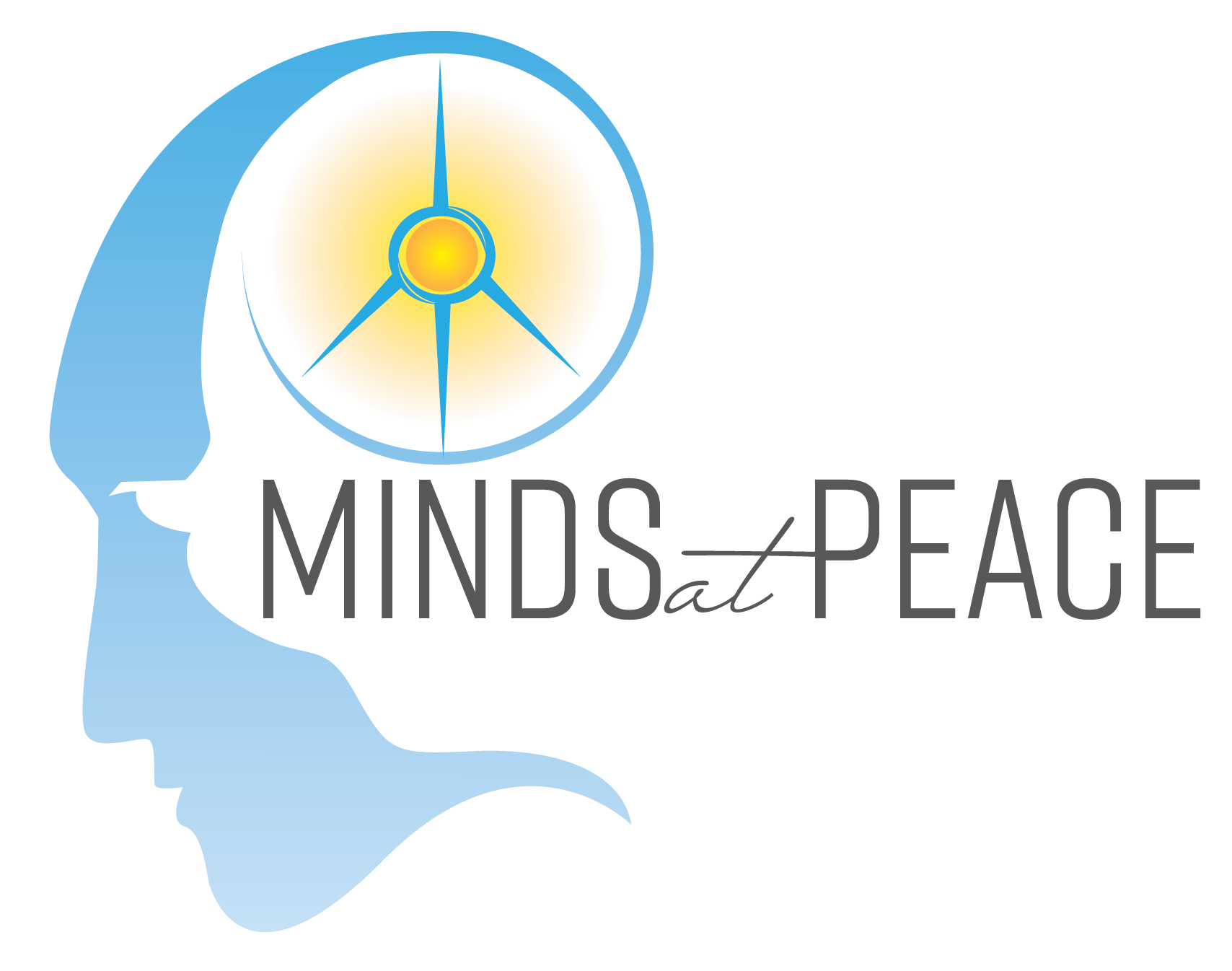You've come a long way baby. Now what?
if you're old enough you may remember the old Virginia Slims cigarette ads, "you've come a long way baby." That was a very successful ad with very negative consequences.
Today the news is just as bad. Women now drink just as much as men, and are prone to get sicker sooner. The image of an alcohol abuser being an old man drinking out of a brown paper bag is no longer valid. Women have closed the gender gap, but unfortunately not for salaries.
The latest U.S, data shows that women in their teens and early 20s are drinking, and getting drunk, at higher rates than their male peers. This parallels the increase in mental health concerns for this age group. Covid-19 will only amplify these patterns.
And research shows that women come in first when it comes to who gets negative consequences faster. To make matters worse, they are less likely to get help for alcohol, particularly when drinking is used as a means to cope with stress.
What's the solution?
First it's always important to meet people where they are, not where someone else wants them to be.
That might mean beginning with harm reduction: meet them where they are, but don't leave them there. Everyone finds a different path. Harm reduction is often a path that leads to total abstinence. If someone is using alcohol to cope and all you talk about is abstinence, they will likely tune you out.
Family involvement is crucial. This requires learning the evidenced based communication skills to actually invite them to change. I talk a lot about this in the FB group Empowering Families in Addiction-- a group I started for both family members and individuals who are using a substance to learn, grow and heal.
Depending on the situation, medically assisted detox may be necessary and other medication may also be helpful in reducing cravings. Long term benefit comes from identifying the underlying issues that drive the heavy alcohol use, quelling the inner critic, and engaging in a holistic approach to wellness. To paraphrase Yoga with Adriene--it's all about the brain baby.
Navigating the stigma associated with alcohol use for women can be particularly painful. This is where society as a whole, and family members can make a huge difference.
Getting help
If someone is already interested in changing their relationship with alcohol--and it is a relationship-- I start with a holistic assessment to identify what level of care would be most appropriate. Not everyone who wants to quit has to go to an inpatient rehab. Telehealth makes access to treatment a lot easier.
However, if there's someone in your life who doesn't seem ready to change, family members can be coached to move them towards change, and learn lifetime communication skills that will help everyone in the family.
I'm ready to help. Email me or call 513-666-1413.
Don't wait. The news isn't getting any better.
Warmly,
Mark

